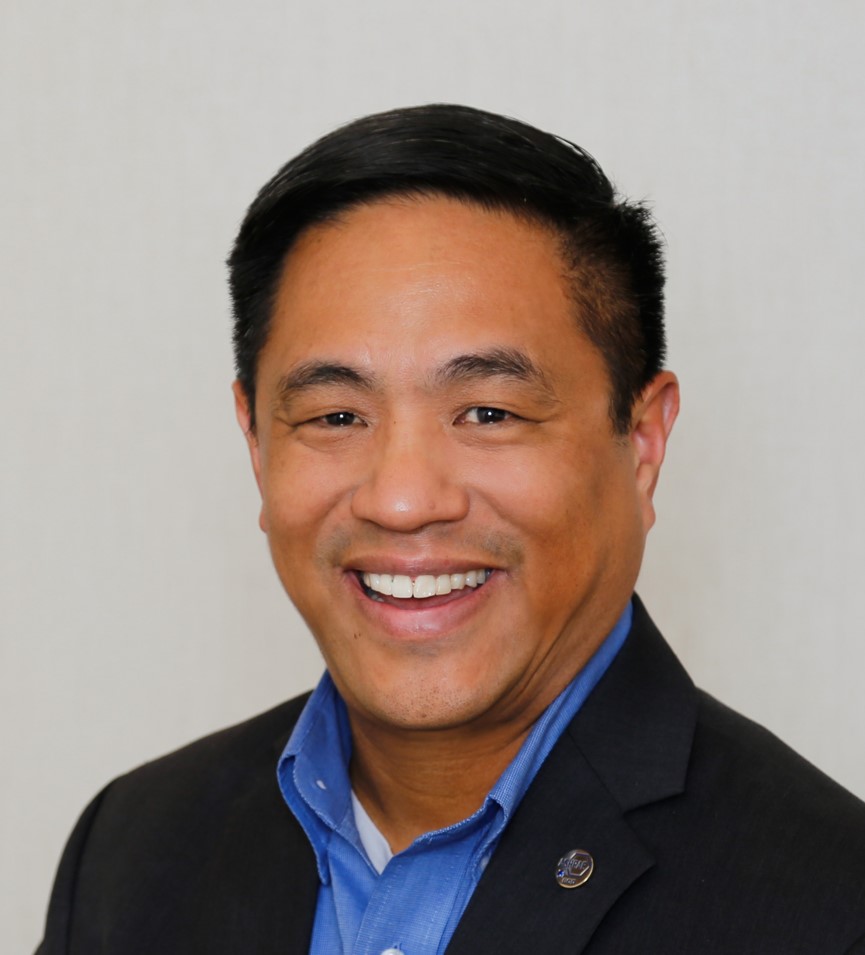
The integrity of the HVAC industry is dependent on sound technical design, reliable products, skilled construction practice and consistent maintenance and operation. But another critical element that is sometimes overlooked is professional ethics. As members within the HVAC industry engineers, contractors, architects, manufacturers, vendors and building owners are expected to exhibit the highest standard of honesty and integrity to safeguard the confidence that the public has in us. In this very competitive climate, however, it is sometimes tempting to "bend the rules" to some degree in order to gain an advantage over competition or to simply get the job done on time. But how much is too much? Is there a clearly defined line between ethical practice and "just the way things are done?"
“The (un)Ethical Engineer” is an interactive, multimedia, dramatic presentation that explores these issues through the eyes of a well-intentioned engineer.
In 2020, ASHRAE’s Board of Directors approved a Diversity Commitment for the Society and established a Proactive Diversity Task Group with a goal to recommend detailed programs and initiatives seeking to eliminate all forms of discrimination and social injustice, and proactively drive diversity through all levels within ASHRAE. This led some members to ask “why?” As a technical engineering society, shouldn’t ASHRAE be focusing its efforts and the efforts of its volunteer members on industry-related research and education, rather than furthering what some consider to be a political agenda? What role, if any, should ASHRAE play when it comes to diversity in the AEC community and social justice? Is there really a problem that needs to be solved? This highly-interactive, engaging and thought-provoking presentation will tackle these questions head on by:
• Reviewing ASHRAE’s current Diversity, Equity and Inclusion initiatives
• Defining terminology – What exactly does DEI mean?
• Discussing metrics, trends, and research
• Encouraging a respectful exchange of ideas through an online digital platform than ensures privacy and anonymity.
Program Synopsis
Air and surface pollution can pose significant challenges to human health and disrupt sensitive industrial processes within the built environment. As the need for effective control measures remains, even in the wake of the COVID-19 pandemic, there is continued interest in exploring innovative technologies that can tackle these issues. Reactive Air and Surface Treatment Systems (RASTS) have emerged as promising solutions that integrate reactive chemistry with air and surface treatment processes. This seminar aims to present a comprehensive exploration of RASTS, their principles, recent advancements, and practical applications in achieving safe, healthy, and sustainable solutions.
Learning Objectives
• To provide an overview of the principles and mechanisms of Reactive Air and Surface Treatment Systems.
• To showcase case studies and practical applications of RASTS in different sectors, such as industrial, commercial, hospitality and healthcare settings.
• To discuss the environmental and health benefits of RASTS, including the removal of airborne pollutants, volatile organic compounds (VOCs), and microorganisms.
• To examine the integration of RASTS with renewable energy sources, smart systems, and advanced monitoring techniques for enhanced efficiency.
• To address the challenges and potential solutions for the large-scale deployment of RASTS in commercial applications.